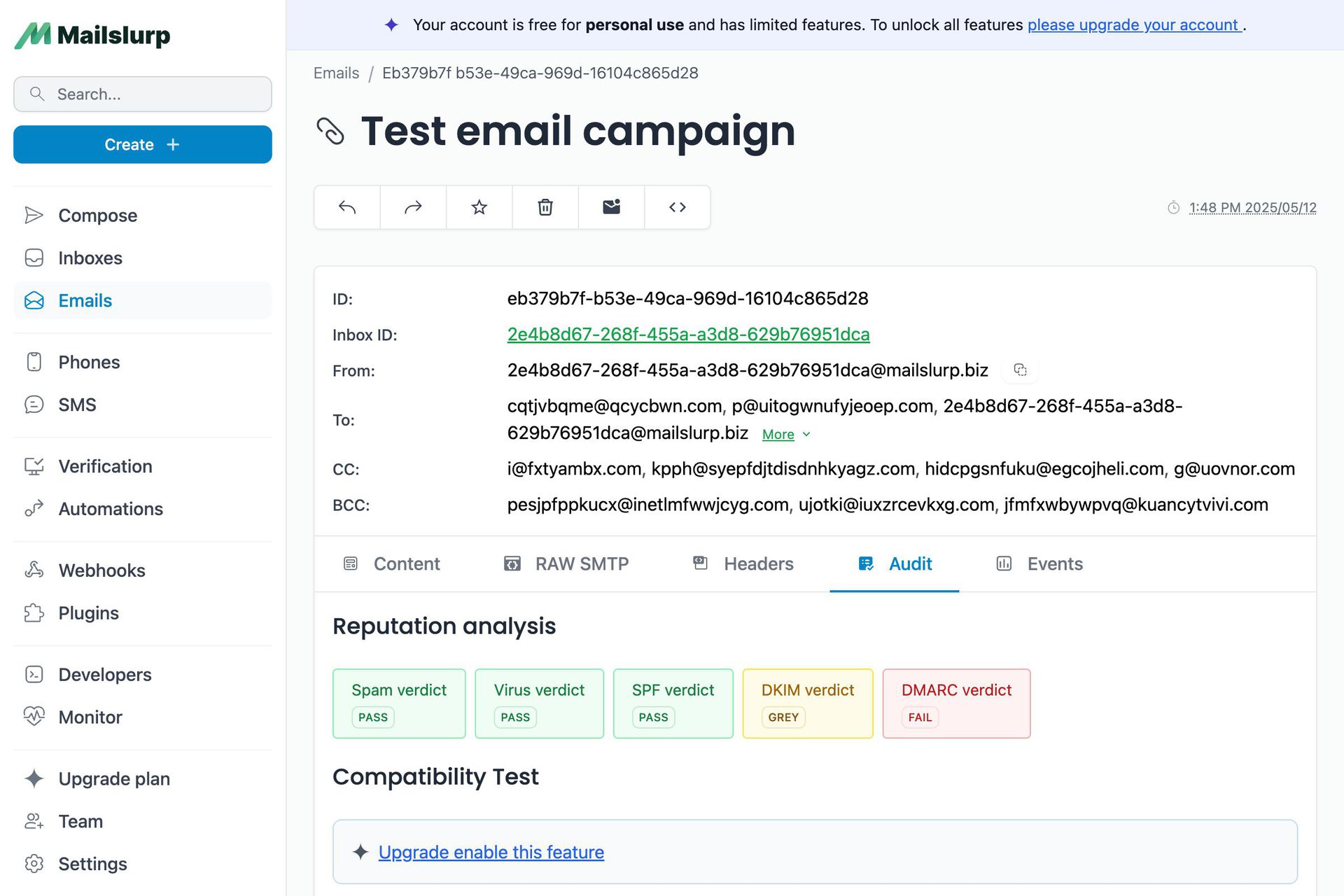Videos
Check out our tutorial video series.
Reducing Kubernetes Logging Costs and Noise with Customized FluentBit Outputs: A Guide for EKS Users Sending Logs to Cloudwatch
When managing Kubernetes clusters on Amazon Elastic Kubernetes Service (EKS), efficiently handling log data is a crucial aspect of maintaining both cost-effectiveness and system clarity. With the vast amount of logging data generated by EKS containers, it becomes imperative to filter and manage these logs smartly to avoid excessive costs and noise. This blog post explores how to reduce Kubernetes logging costs and noise by customizing FluentBit outputs for EKS users sending logs to CloudWatch.
Amazon Elastic Kubernetes Service (EKS) is a managed service that makes it easy to run Kubernetes on AWS without needing to install and operate your own Kubernetes control plane. While EKS simplifies many aspects of managing a Kubernetes environment, handling the volume of logs generated by containers can be a significant challenge. These logs are essential for monitoring and troubleshooting but can create unnecessary noise and incur high costs if not managed properly.
FluentBit is an open-source log processor and forwarder, which allows for the collection of data like logs, metrics, and other telemetry from different sources, processes them, and sends them to multiple destinations. It's lightweight, fast, and known for its performance in logging data pipelines. In a Kubernetes context, FluentBit can be used to aggregate and forward logs to various destinations, including AWS CloudWatch.
Unfiltered logs can quickly become a cost issue, especially when dealing with large-scale Kubernetes deployments. CloudWatch charges based on the volume of data ingested, stored, and transferred. Without proper log management strategies, you might end up paying for a lot of unnecessary log data, which adds no value to your monitoring or troubleshooting efforts.
To optimize costs and reduce noise, it's essential to filter out unnecessary logs. Here’s how you can set up FluentBit to filter logs before they are sent to CloudWatch:
Install FluentBit: Ensure that FluentBit is installed and running in your EKS cluster. You can use the AWS for Fluent Bit container image, which is optimized for AWS.
Configure Log Filtering: Modify the FluentBit ConfigMap to include filters. FluentBit offers several filtering options, such as excluding logs from certain namespaces, pods, or containers, or even based on specific log patterns.
Test Your Configuration: After configuring the filters, test them to ensure they're working as expected. This step is crucial to avoid accidentally filtering out important logs.
Monitor and Adjust: Continuously monitor the performance of your log filtering strategy. Over time, you might need to adjust the filters as the logging needs of your applications evolve.
Prioritize Logs: Determine which logs are essential for your operations and which are not. Prioritize logging that adds value to your troubleshooting and monitoring efforts.
Regular Review: Regularly review your log filtering rules to ensure they align with your current needs.
Educate Your Team: Ensure that your team understands the importance of efficient logging practices and how they impact costs.
Leverage Log Analytics: Use log analytics tools to gain insights from your logs. Efficiently filtered logs can provide more value when analyzed correctly.
Effective log management in Kubernetes, particularly for EKS users, is essential for maintaining cost efficiency and operational clarity. By customizing FluentBit outputs to filter out unnecessary log data before it reaches CloudWatch, organizations can significantly reduce costs and minimize noise. This strategy not only optimizes resource usage but also ensures that the logs you do keep are more relevant and valuable for your operational needs.
Take note of the application.conf section. Notice the following line:
This standard setup uses a wildcard pattern to match all container logs mounted inside the FluentBit agent at the directory. In the next section we can modify the Path field or the Exclude_Path property to filter containers for logging and exclude namespaces or pods.
The easiest way to exclude everything and only include the pods you wish is to change the Path property in your input configuration to include a comma separated list of container patterns that you want to include in the logging pipeline. Here is an example:
Note that the Path field now matches containers that we wish.
Check out our tutorial video series.
Email and SMS guides for automation and testing.
View github project code for multiple languages.
Latest posts from the MailSlurp team.
Test, build, and automate messaging with a free MailSlurp account.
